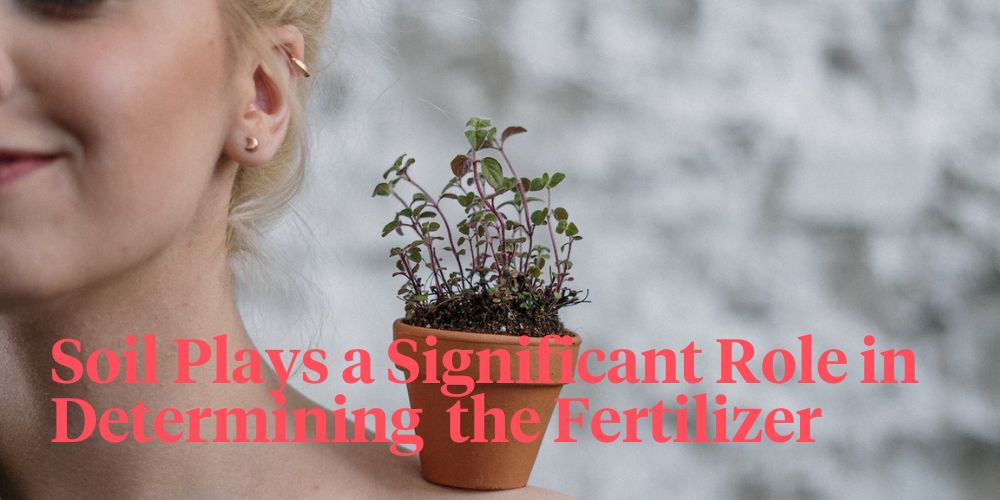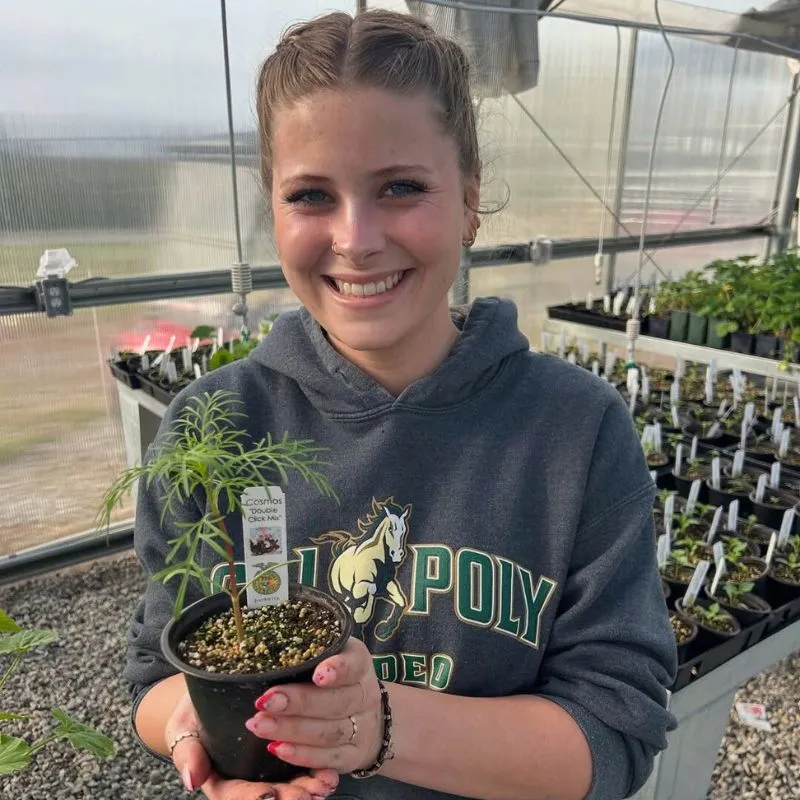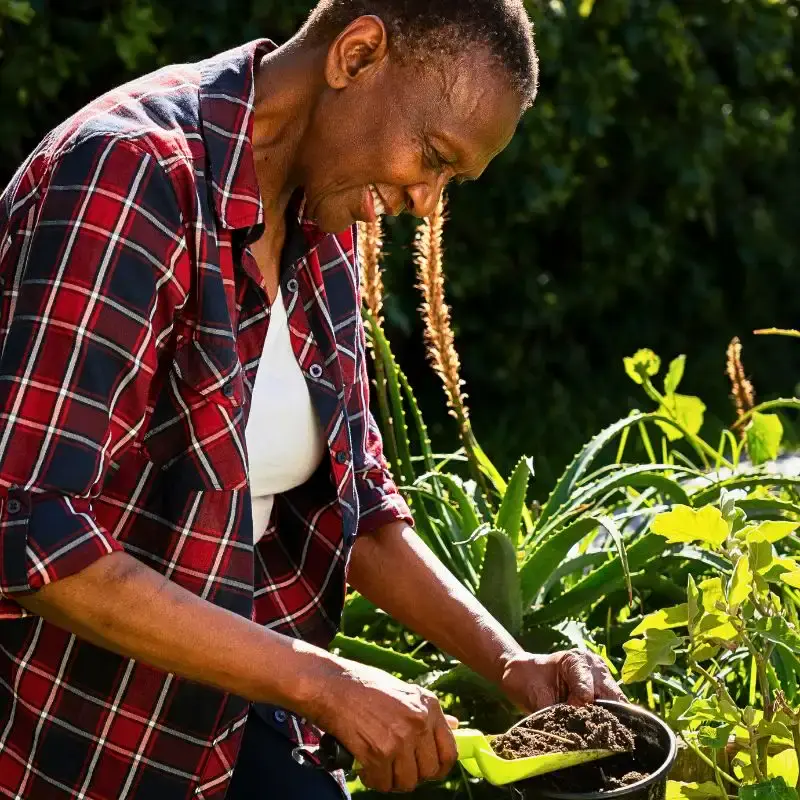Soil is the foundation of any good garden. The quality of soil directly impacts the health and productivity of your plants. Based on the nutrients they can extract, they will determine the quality of your garden. As a result, in this article, we will cover the six organic options to fertilize your soil naturally:
1. Compost
Compost is a mixture of organic materials decomposed by microorganisms. It is a natural source of nutrients and can be used to improve soil health. Compost comprises many plant materials, such as grass clippings, leaves, manure, food scraps, and even coffee grounds.
Compost provides the microorganisms needed to break down these organic materials into nutrients that your plants can use. While compost can be purchased at most garden centers and stores, you can also make your compost at home.
There are many ways to make compost at home. The easiest way to make compost is to use a composting bin. You can also purchase a composting kit or a bag of compost from the store.
2. Manure
Historically, manure has been used as a source of fertilizer. Manure can be obtained from the animal you raise, such as chickens, pigs, or cows. Manure is an excellent source of nitrogen, phosphorus, and potassium, which is a critical component in the growth of plants.
Manure is also a great way to provide organic products for soil. Manure and other organic materials help to improve the soil's structure and can be used as a fertilizer. Manure offers a great way to improve your soil's physical structure and fertility.
3. Fish Emission
Fish emulsion is a natural fertilizer that effectively boosts your soil in nitrogen, phosphorus, and potassium. This method is great for fertilizing your garden and providing a nutrient-rich drink.
Fish emulsion is a liquid concentration obtained from fish and fish byproducts. This liquid concentration is diluted with water and sprayed around the plant. This natural fertilizer effectively increases the nitrogen, phosphorus, and potassium levels of your soil.
4. Seaweed Fertilizer
Seaweeds are various marine plants that are harvested and used as natural fertilizers. They can also be used for mulching organic gardens. Seaweeds are a rich source of calcium, magnesium, and potassium, which are all key components in the growth of plants.
Seaweeds can also be used as organic fertilizer as they are made of organic materials. Seaweeds are a rich source of calcium, magnesium, and potassium, which are all key components in the growth of plants. The most common seaweeds used as fertilizer are kelp, nori, wakame, and laverbread. Seaweeds can also mulch your garden to prevent weeds from growing and soften the soil. They can also be used to build the soil's structure and fix nitrogen in the soil.
5. Bone Meal
This fertilizer is made of the bones of dead animals that are crushed into small particles. These particles are then mixed with water to form a liquid fertilizer. Bone meal fertilizer can also be applied in powder form.
This fertilizer is used on beds, raised vegetable gardens, and flower gardens. The main benefit of using bone meal as a fertilizer is that it is rich in phosphorus and nitrogen, which are nutrients that plants need to grow.
6. Lime
Lime is a natural fertilizer made up of calcium oxide, a naturally occurring mineral. Lime uses are many and include a soil conditioner, a pre-emergent herbicide, and a neutralizer for sulfur and nitrogen compounds. The lime is also used to reduce soil acidity and improve soil pH.
Lime can be applied directly to the soil and is also safe for use around vegetables. Lime can also be used as a pre-emergent herbicide, killing weeds before they sprout instead of growing taller than the plants around them.
The Bottom Line
Soil plays a significant role in determining how much fertilizer is necessary and how often it needs to be applied. So, be considerate of the type of soil you are working with in order to know what quantity to apply to it.
There are several ways to improve soil quality and increase the health of your plants. You can purchase synthetic fertilizer, organic fertilizers, compost, and manure. However, organic fertilizer remains one of the best ways to improve soil quality.
(header image by Cottonbro from Pexels)










